Charles Pakana (VAN):
Today on the program we’re joined by Thelma Austin, Gunditjmara woman and Uncle Andrew Jackomos, Yorta Yorta man, who are two of the five appointed members of The Treaty Authority. The Treaty Authority, which in many people’s eyes is seen as, and we’ll talk more about this later, the umpire when it comes to treaty negotiations with the state and the First People’s Assembly of Victoria. And later on further down the track, of course, the local treaties with traditional owners. Thelma, thanks for joining us on Van Talks.
Thelma Austin:
Thanks Uncle Charles. Good to be here.
Charles:
And Uncle Andrew, always great to catch up with you.
Uncle Andrew Jackomos:
And it’s always a pleasure, Charles, to be sitting talking with you.
Charles:
Now we’ll start with, well, which either one of you want to take this one, but the role of the Treaty Authority. And bear in mind, we just want a bit of a general explanation that people can understand and appreciate what are you guys meant to be doing?
Uncle Andrew:
The Treaty Authority is a unique entity that’s the result that’s come about through negotiations between the Victorian State Government and the First Purpose Assembly as the independent body to guide, to facilitate, to manage the treaty process. That’s our role.
At present, we have five members. Thelma and I are two of those five members along with Jidah Clark, our chairperson, Petah Atkinson, Yorta Yorta woman, and Duean White, our fifth member who’s a Traditional Owner from New South Wales.
So we are five independent, five professional people who have been appointed because of our experience, our maturity, what we’ve achieved to guide the work and to make treaty happen.
Charles:
And it is important, I think, as you mentioned Uncle, to highlight the breadth of experience that’s gone into each of you really when you think about it. Because I know the selection process was exhaustive leading up to December last year when you were all appointed.
Uncle Andrew, you have decades of experience in government. Thelma, the experience that you have in culture and the legal and the corporate sectors is second to none, almost.
Thelma:
Thank you.
Charles:
How important for you, Thelma, do you believe that the cultural knowledge that you bring to this will have in the overall work of the authority?
Thelma:
I was very lucky in my childhood to have strong cultural mentors. My father, my grandmother, a lot of Gunditjmara Elders as well as amazing aunties and uncles to look up to and learn from from around Gertrude Street, Victoria, really.
My dad ran the Victoria Stars Aboriginal Youth Club, and I remember just walking the streets of Victoria and yarning to people and listening and learning. So my cultural grounding is very strong. I live by the cultural protocols of Aboriginal law that was taught to me and I live by those protocols every day.
So do my children because I’ve taught them. And when you live by those cultural principles, you don’t get in trouble with any of the Western laws out there because I truly believe that our cultural law is stronger.
Charles:
And how do you think that will play out in supporting the work of the Treaty Authority?
Thelma:
Yeah, well, when you bring the two worlds together, which we do as Aboriginal people, we walk in those worlds and we find that middle ground, the common ground, and for me, that’s a beautiful space to be in.
In a lot of my roles, that’s what I’ve been doing is helping to embed our cultural laws into Western laws and systems, processes, policies in different organizations. It’ll be a benefit. I mean, that’s our grounding, that’s our mandate to bring lore, law and cultural authority into that is what The Treaty Authority will be doing.
Charles:
And for our non-Aboriginal listeners, when Thelma said lore and law, one is L-O-R-E and that comes before of course, L-A-W. Thelma, thanks so much indeed.
Uncle Andrew, just back to you. When I was down at Geelong early this year for the Statewide Treaty Conference, there were a number of presentations of and by The Treaty Authority. The four key points or the four key roles of The Treaty Authority were brought out. I’ll just read through those now for the audience.
The first is to facilitate and oversee treaty negotiations when they start to happen. The second is to administer the treaty negotiation framework, which is that incredible body of work that’s been developed by the First Peoples’ Assembly of Victoria over the years.
Third is assist in dispute resolution. Read that as being an umpire, and we’ll come to you Thelma to talk about that one in a bit. And the fourth is to undertake research to support and inform treaty negotiations.
Now, it doesn’t take long to see that those four innocent looking points actually represent almost a Pandora’s box of complexity and work. Just how much work is involved going forward.
Uncle Andrew:
So first I want to acknowledge the tremendous work that the First Peoples’ Assembly of Victoria have put into developing the treaty negotiation framework and signed off by government, which is super important.
Charles:
Absolutely, yeah.
Uncle Andrew:
But first of all, we need to acknowledge the tremendous work that the First Peoples’ Assembly of Victoria have put into it. The amount of work that covers, it just doesn’t cover the state-wide treaty, but covers the work that will be involved in negotiating local Traditional Owner treaties across the state. And it’s just the masterpiece of a document.
They had reference points to the Treaty Waitangi and British Columbia Treaty Authority, but very much the framework is very much homegrown. It’s a product that’s come out of 65,000 years of culture, of history, of living this land, of being part of the land. It’s not just a printed document, it’s not just words on a page, but it reflects 65,000 years prior occupation of culture, of history, of families and clans.
I think it’s important to recognise that so when people look at the document as it is, that is just skin layer. You need to understand and just think of the discussions that happened in many rooms and on many country to make it live. The First Peoples’ Assembly and the State of Victoria have entrusted myself and Thelma and our three buddies to make this a living document.
Charles:
But let me just ask again, what are the complexities? Because yes, I agree, treaty negotiation framework, masterful document, no doubt about it. But let’s be frank, starting up, treaty negotiations in this state, whether they’re state-wide or whether they’re local Traditional Owner ones, your role in this, what keeps you awake at night? Let me take it to a personal level. What do you wake up thinking, “Oh my goodness, I’m going to be responsible for assisting in this.”
Uncle Andrew:
What keeps me up at night about this? It’s ensuring that we live up to the expectations and aspirations of all Victorians to make this happen. First of all, our own people, our own people have suffered. And treaties is about bringing justice to this country and this justice for Victorians. And what keeps me up at night and seriously does is ensuring that we fulfill our obligations to our people.
Charles:
And you mentioned before the interview also, there is that obligation to the greater Victorian community, not just Aboriginal people, but every single-
Uncle Andrew:
Yes.
Charles:
… Victorian.
Uncle Andrew:
Treaties isn’t just about one side. Treaties is about people coming together. Treaties won’t survive if it’s just about one side.
Charles:
Yeah.
Uncle Andrew:
Unless there’s goodwill, unless there’s honesty, unless there’s commitment, a treaty won’t survive.
There’s got to be that goodwill before you sit down. There’s got to be a goodwill when you sit, whether it’s at the conference room table or whether it’s on country sitting in the soil. It’s about the goodwill. It’s about commitment. It’s about transparency and accountability. That’s what treaties is about. It’s about an ongoing relationship. It’s sacred business.
Charles:
And I see it would also the desire to achieve goodwill upon completion of negotiations as well.
Uncle Andrew:
Yeah.
Charles:
Thelma, let me go to you because the two times I’ve mentioned umpire in this conversation, you’ve shot me a look, and I was well aware before coming in here that umpire is a word that’s not really preferred to describe this organization.
Thelma:
Yeah.
Charles:
Talk to that.
Thelma:
Well, all my experience on the netball court over many years. No, but in all seriousness, who likes an umpire? The poor fellows, they get picked on all the time. They get called all the names under the sun but it just comes with negative-
Charles:
Connotations.
Thelma:
… feelings, connotations. The role that we play in this, in facilitating conversations, looking towards agreement making and helping come to that. Looking at common ground and all those words come to my mind because I’ve got many years of experience in mediation and facilitation.
And you know what? Unfortunately, a lot of our people have had to be mediators since a very young age due to many different issues in communities. I know that I learnt those skills a long time ago before formal training I suppose just from all the oppression and things and arguing violence and things we’ve seen as a people.
After many years of reflection, I’ve really, in this space where the power that comes from bringing groups together and educating each other and having an opportunity to yarn about the truths of this country. To feel that and be in that journey together, amazing things can be talked about, can be learnt.
Treaties will be a result from all those conversations, I suppose, and that power of coming onto common ground and understanding each other, hearing each other, and then negotiating really. So I see our role as really special in that space of bringing people together so that they can feel safe and able to have conversations to lead us into the future.
And really knowing that we’re honoring our ancestors of the past. We’re accountable to all our people of Victoria, and we are building a future for all our future generations.
Charles:
Uncle Andrew, what about you?
Uncle Andrew:
Yes.
Charles:
You’ve got something to say on this?
Uncle Andrew:
I fully agree with Thelma. An umpire has negative connotations. A role of an umpire is to find a negative on one side to reward the other side, whereas I see our role as much, much more than umpire much, much more than umpire. Our role is about supporting two or more parties about finding common ground, not trying to find what’s going wrong, but what can we do to make it right?
Charles:
So mediators, facilitators?
Uncle Andrew:
Yeah, yeah.
Charles:
Okay.
Uncle Andrew:
Our role is much more positive. When people think of umpires, you think of a game and games are competitive. They’re about two sides trying to outdo the other. Treaties aren’t about one side winning.
Charles:
Let me ask this then, because it seems to me that there are five members, and on those five members there’s going to be an enormous emotional, physical, and cultural load. I need to ask what is in place to protect you five people? Because that’s got to be critical and that surely it’s been addressed.
Thelma:
So in our first few days of coming on board, we were tasked with building an organization from scratch. So the last six months have been a six-month sprint. But one of the things that I’ve been heading up is our social and emotional wellbeing program on top of an EAP-type program.
Charles:
Sure.
Thelma:
So we’ve got an EAP in place, but we’ve also got an Aboriginal Social and Emotional Wellbeing Program that’s being run by an Aboriginal organization, and it speaks to Aboriginal values.
Look, one of the many services that they’ll give us [foreign language 00:13:31], is a service where we’ll get cultural supervision with Aboriginal psychologists and counselors for us as members, but also our Aboriginal staff. But our non-Aboriginal staff will also have that cultural supervision as in keeping them safe. So they’re learning, they’re on their journey and walking with us and they’ll have questions.
So not to load up our members or our Aboriginal staff with adding onto their cultural load, colonial load, those non-Aboriginal staff will have access to those Aboriginal psychologists and counselors as well, so that they can unpack and ask questions in a really safe space, a confidential space. They can really get into understanding their different nuances about culture and how we operate and the issues in our communities and et cetera.
So they’ve got really cultural support as well. So making sure that all our members and our staff have those services because we know it’s going to be a huge load to carry on everyone’s shoulders, not just the members.
Charles:
What are some of the core values that you found yourself able to embed within an organization from scratch rather than an organization in existence that suited the goals and aspirations of The Treaty Authority and the five members as well?
Thelma:
As we mentioned, we’ve built the organization from scratch and not long into our start-up, we had really intense planning. The members come together with some facilitators and we looked at our mandate and what the organization was to be, and then really got into great conversations about our values.
Our values, so people know is fairness, responsibility, honor, and connection. We wanted to have values that connect with all Victorians, and we truly, every decision we make honors our values.
Charles:
Well, let me ask this last question of you then, and it is the elephant in the room I think for the vast majority of Victorians. Let’s be really frank. Here is we won’t say the word umpire, but it’s hanging over us anyway, but that facilitating organization. It’s five Aboriginal people.
We know full well that the conservative media, the conservative politicians are going to say, “How can we really expect five Aboriginal people who are embedded in community, embedded in culture, how we expect them to truly be bipartisan when it comes to working with Aboriginal organizations and non-Aboriginal?” I’m going to throw that to you first, Unc.
Uncle Andrew:
So yes, we are all very, very, very proud Aboriginal people, First Peoples of this state but we’re also proud Victorians. We want to be party of a process that delivers a better Victoria, not just for my children and my grandchildren, Thelma’s children and her grandchildren, but the grandchildren of future generations that come.
Treaty isn’t just about rewarding one side. So treaty is about ensuring that there’s a better outcome for all. If we weren’t sincere, then our work wouldn’t be successful. To be successful, you’ve got to take a fair approach, a transparent approach. We have to be accountable to all because this is about all our children.
I would be disappointed if people didn’t take that approach. We are all professional, we are all committed to making Victoria a better place.
Charles:
Thelma, anything to add to that?
Thelma:
I agree with Uncle Andrew. And the other point that I would just make is yes, we have lived experience in both sides. So we have lived experiences being Victorian people and lived experiences of being Aboriginal people as well, which, like I said earlier, our Aboriginal law and our Western laws, we’re walking between those two worlds every day.
Charles:
Thelma, thanks so much indeed for joining me.
Thelma:
Thank you.
Charles:
Uncle Andrew, thank you as well for your time.
Uncle Andrew:
My pleasure.


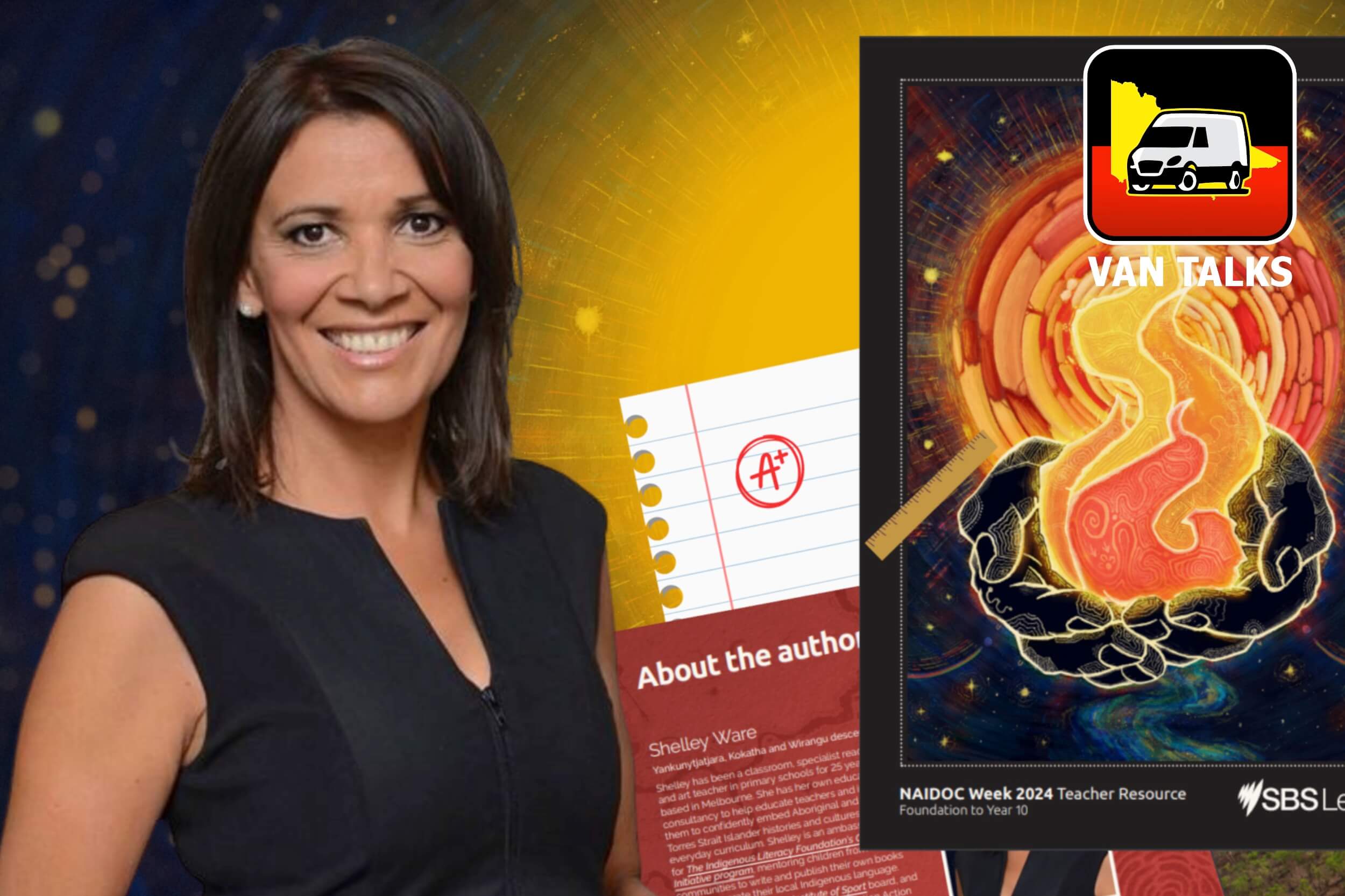
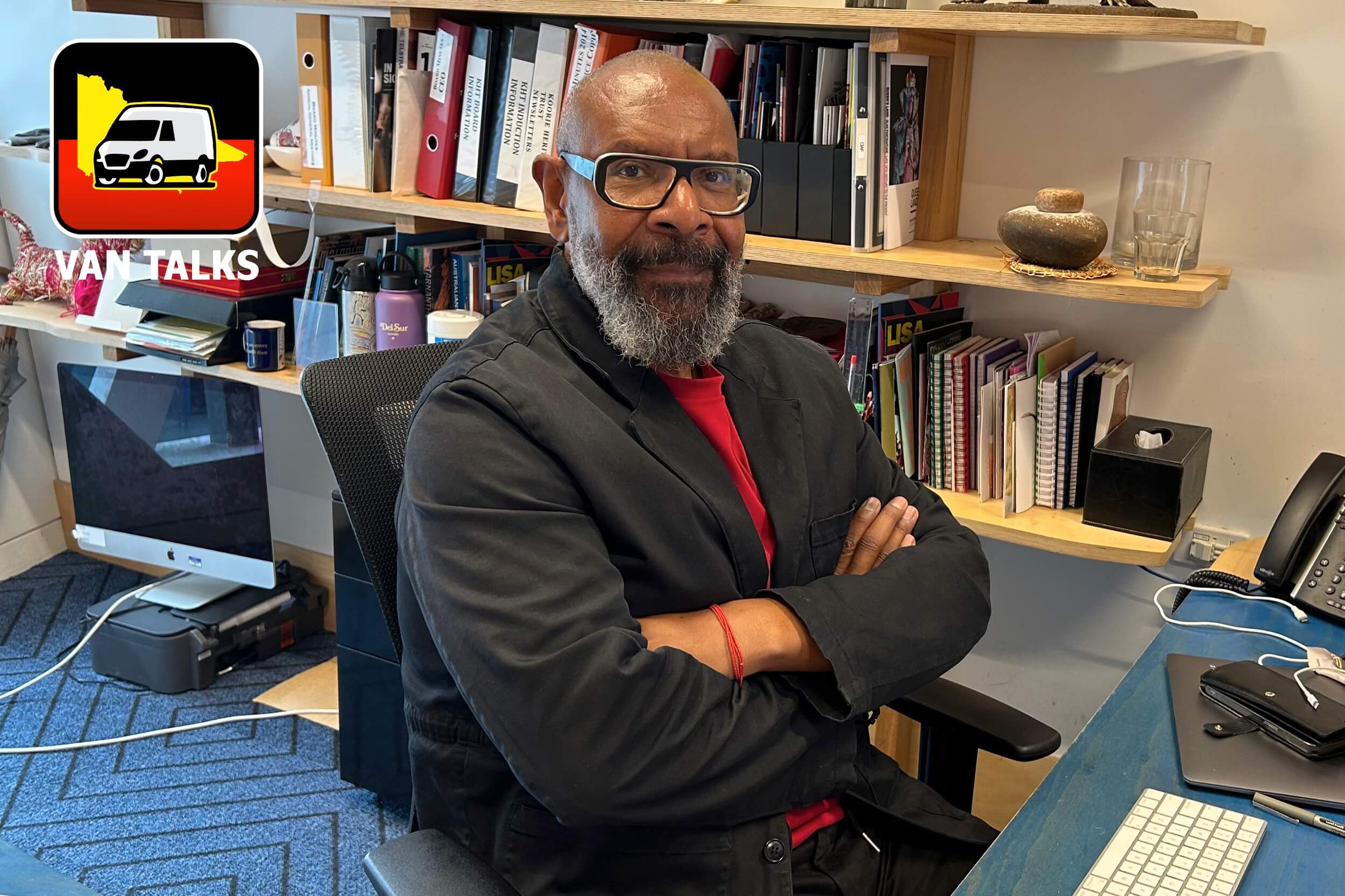
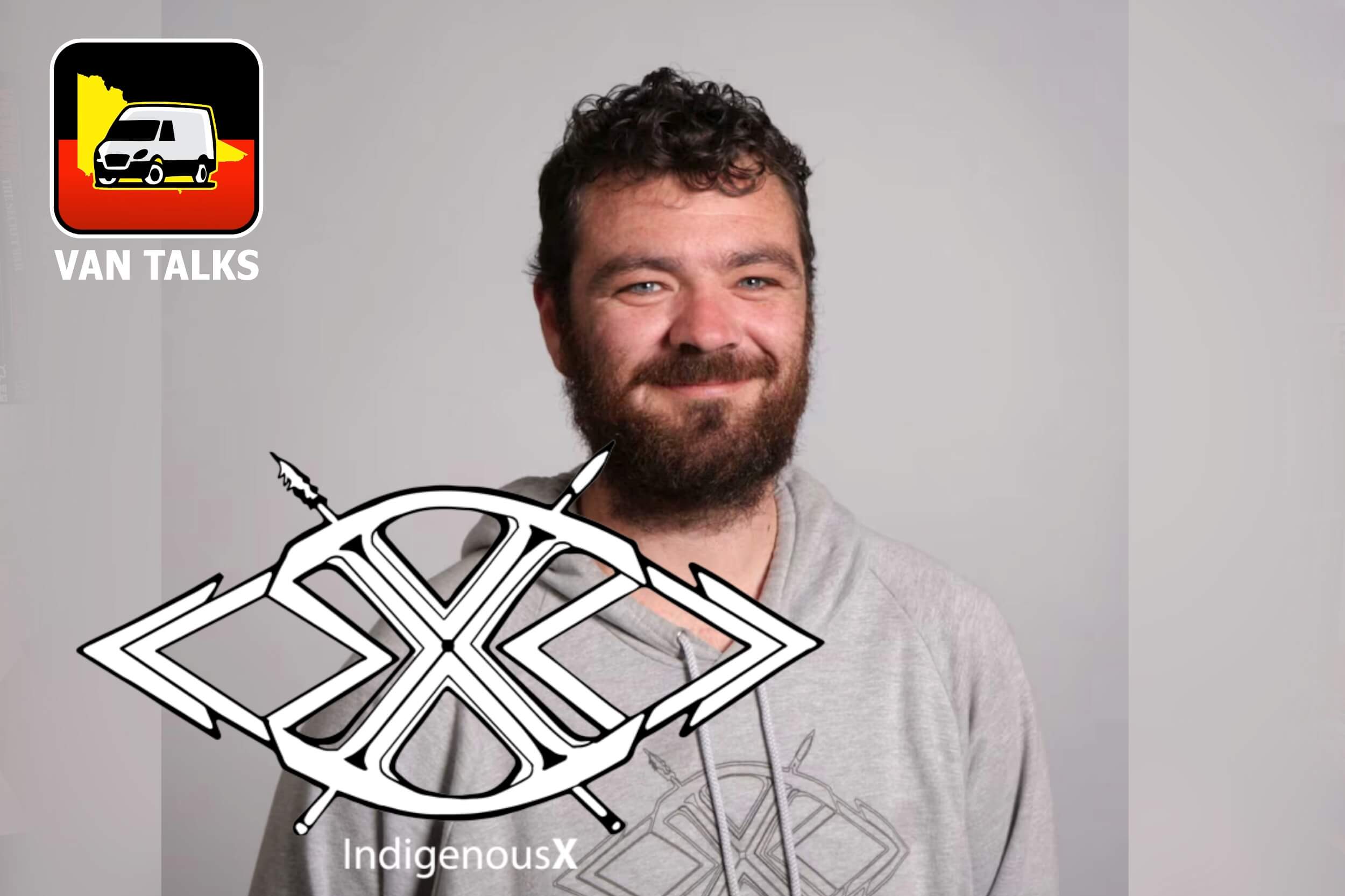
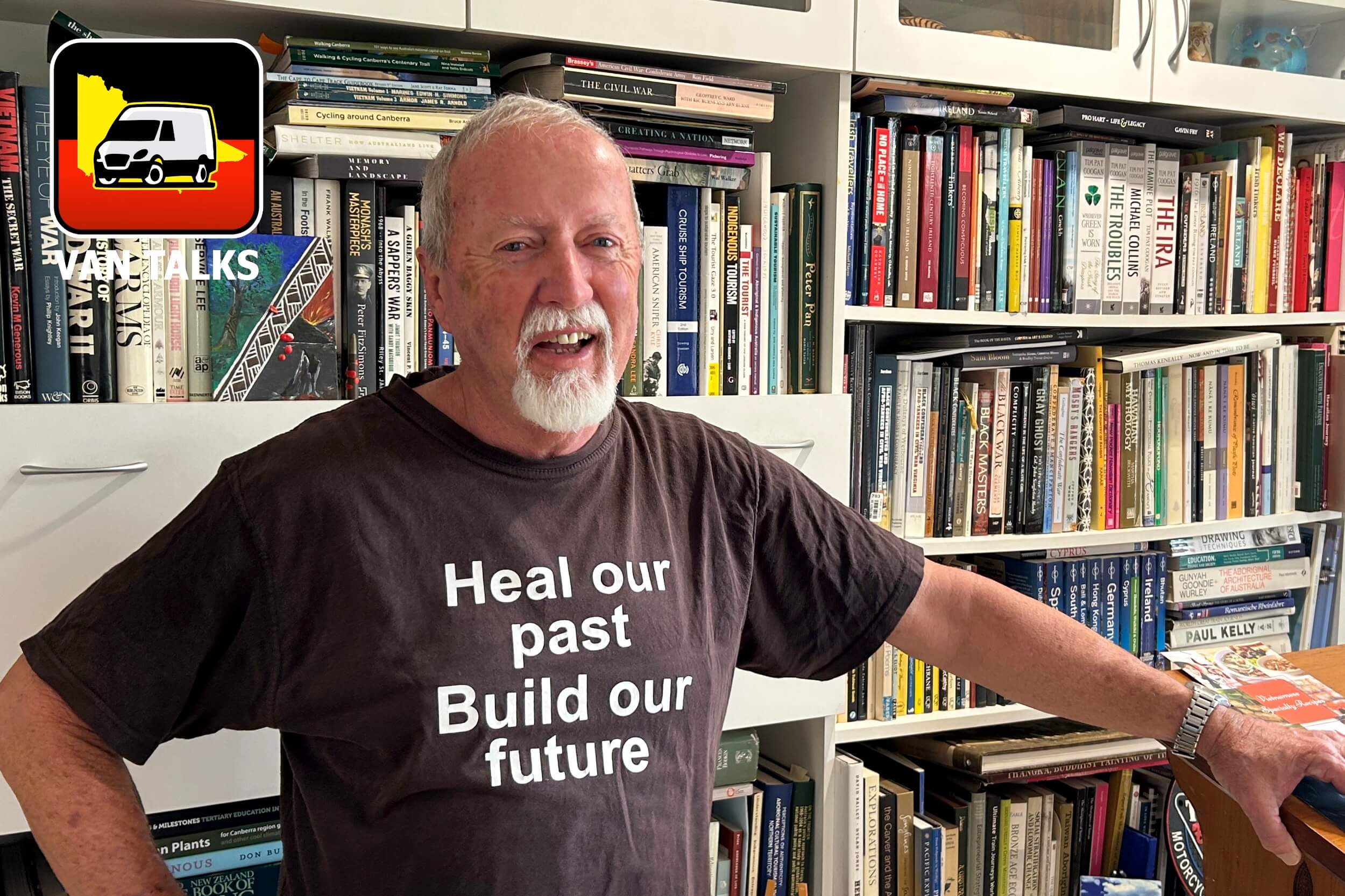
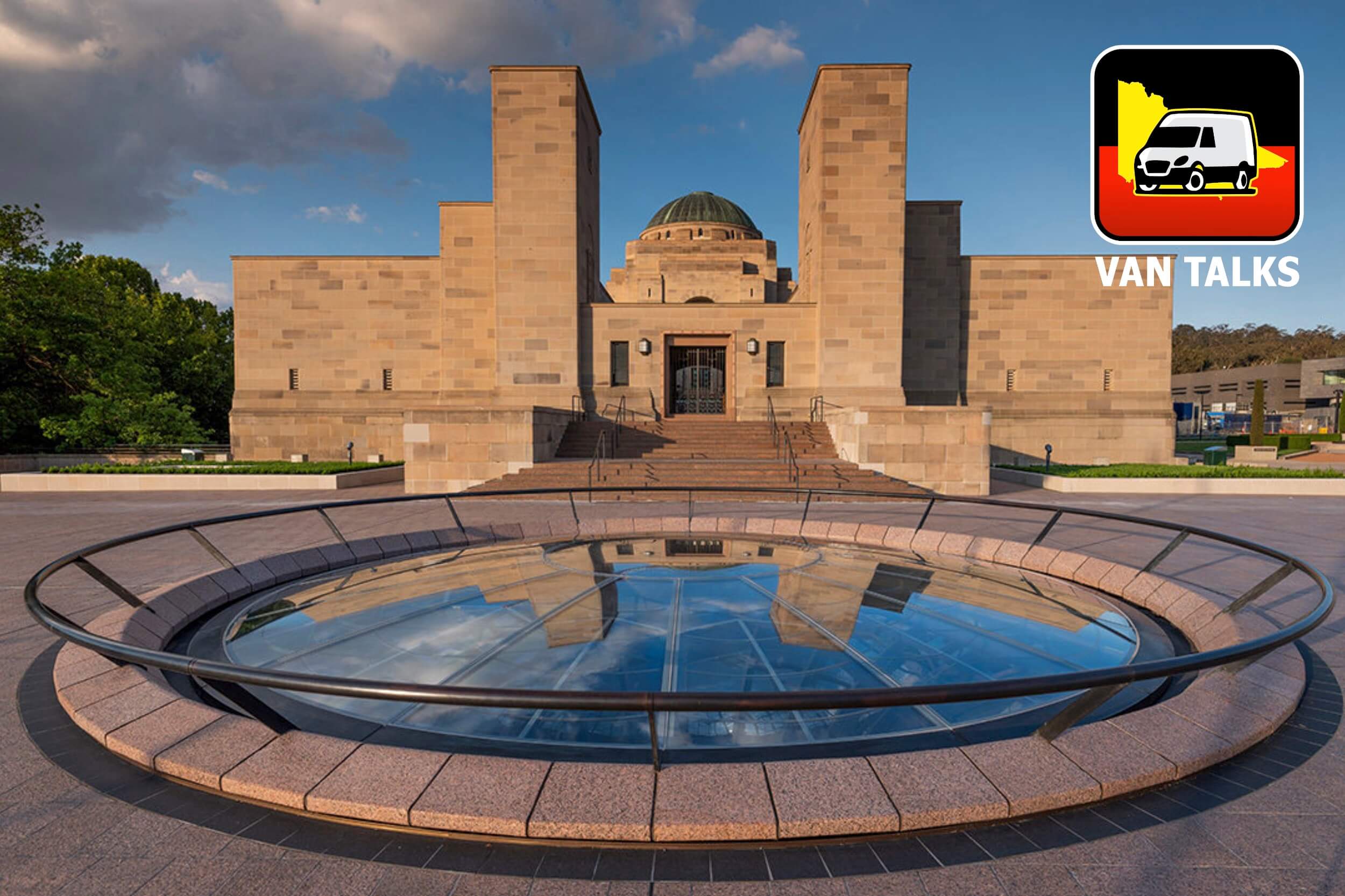

0 Comments